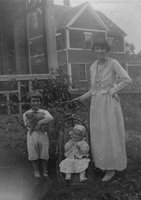
Because of this, and because Wellesley College was the center of a yeasty intellectual community, my father and his two younger brothers must have been exposed to a number of minor and perhaps even major literary lights. Two in particular were singled out in our oral history interview:
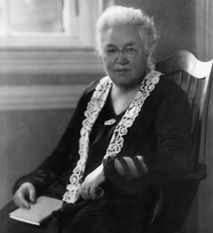
Bates was born in Falmouth, Massachusetts in 1859. Her father, a Congregationalist pastor, died a few weeks after she was born, and she was raised mainly by her mother, a graduate of the Mt Holyoke Seminary for women. She herself attended Wellesley College and subsequently studied at Oxford University. After teaching for several years at the secondary school level, she joined the Wellesley faculty, starting as an instructor and ultimately reaching the rank of full professor of English Literature. In addition to being a popular teacher and mentor, she was a scholar, a prolific poet and novelist, a journalist, and an activist who supported the rights of women, people of color, workers, immigrants, the poor, and oppressed populations in general. She was an advocate for the League of Nations and opposed the American policy of isolationism. She has been credited with helping to found the field of American literature by creating a new college course and writing one of the first textbooks on the subject. She died in 1929.
She was courted seriously by at least two men and appears to have reciprocated their feelings, but in the end she somehow couldn't find a way to remain in the same place with them long enough to cement the relationships. By contrast, she managed to live for 25 years with her beloved friend and fellow scholar Katharine Coman, until Coman's death from breast cancer in 1915, in an arrangement commonly referred to as a "Boston marriage" (or sometimes a "Wellesley marriage"). The exact nature of these close and intense relationships has been much debated, but further speculation about the two Katharines is beyond the scope of this essay.
Bates began writing "America the Beautiful" in 1893, while on a train trip to Colorado ending at Pike's Peak, and published it as a poem two years later. She reworked the words many times, though the basic bones of the piece remained mostly the same. It has been set to music at least 75 times; the one with which we're most familiar was written by Samuel A. Ward in 1882 for his hymn "Materna." I count myself among the many who believe this joyous paean to the multifaceted beauty of our land would make a far more appropriate national anthem than the warlike text of the "Star-Spangled Banner," penned by a slave-owning lawyer and set to the almost unsingable tune of a rowdy English drinking song.
According to my father, Bates was one of my grandmother's elocution students. Since she retired from Wellesley in 1925 at the age of 66, after decades of lecturing, one might well wonder why she would want or need elocution lessons. In fact, Katharine did study elocution in 1885 (before my grandmother was born!) when she was preparing to teach at Wellesley, but Melinda Ponder, author of a fascinating biography of Bates published in 2017, told me she had never come across any indication in Bates's notes or diaries of her ever having done so again. We do know, however, that Bates "abominated" lecturing and all her life considered herself to be a poor public speaker.
Two possibilities, then: 1) She may have anticipated (correctly) being in great demand as a lecturer to wider and more varied audiences after retirement and wished to hone her public speaking skills further. 2) She was part of my grandparents' social circle and visited their home, but my father (who was only a boy at the time) was mistaken about her having studied elocution with his mother. We will likely never know.
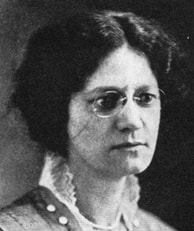
Antin was born in 1881 to a Jewish family living in present day Belarus. Her father emigrated to Boston in 1891; his wife and six children joined him three years later. Mary completed her elementary school education and attended the Girls' Latin School, now the Boston Latin Academy.
In 1901, she married Amadeus William Grabaum, a German geologist at Columbia University, and moved to New York, where she attended Barnard and Columbia Teachers' College.
Among her new friends in New York was Josephine Lazarus, sister of the poet Emma Lazarus, author of the sonnet “The New Colossus," once mounted on the Statue of Liberty. (Its most famous lines: “Give me your tired, your poor,/ your huddled masses yearning to breathe free,/ the wretched refuse of your teeming shore./ Send these, the homeless, tempest-tossed to me.”) Josephine Lazarus urged Antin to write her autobiography; after Lazarus' death in 1910, she pushed forward with the project as a tribute to her friend. In The Promised Land, she gave an account of the treatment of Jews in Czarist Russia and described her own education and assimilation in her adopted homeland. No other narrative has improved upon the discernment and authenticity with which she captured the Jewish immigrant experience.
In 1914, she published her last full-length work,They Who Knock at our Gates, protesting the movement to restrict immigration. The book was well-received but failed to achieve the popularity of The Promised Land.
Antin must have been near 40, and at a very sad moment in her life, when she encountered the young King Stodola. During World War I, while she campaigned on behalf of the Allies, her husband threw his support to his native Germany. The resulting rift led to their separation. At the end of the War, her husband was forced to leave Columbia and went to China to rebuild his career - in fact, he is known as the "father of Chinese geology." Although they continued to correspond, Antin and her husband never saw each other again. She never fully recovered from this devastating blow.
After the War, with scant hope of ever being reunited with her husband, she moved from New York to the Boston area, where her family still resided, and this is when she was presumably drawn into my grandparents' orbit.
Antin died of cancer in 1949.
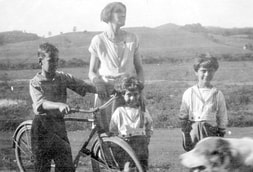 My grandmother, Beatrice King Stodola, in Tennessee with her sons King, Sid, and Quentin
My grandmother, Beatrice King Stodola, in Tennessee with her sons King, Sid, and Quentin But as my father told it, Kingsport also had a darker side: The Ku Klux Klan was active, and the men carried revolvers in their coat pockets. My grandmother attended a small Episcopal church in a YMCA that was regarded with suspicion because it was considered to be just short of Roman Catholicism.
And so the family's Boston idyl came to an end - and along with it, my father's carefree childhood. His immediate future held a move to junior high school and the turbulent days of preadolescence, compounded by a fair dose of culture shock. For him and his younger brothers, there would be no more rubbing elbows with the literati.
The family remained in Kingsport though my father's junior high school years, then returned to New York in time for him to attend Brooklyn Technical High School.
The rest, as they say, is history.
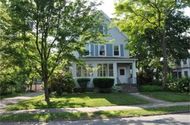
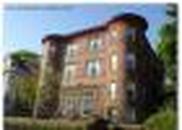
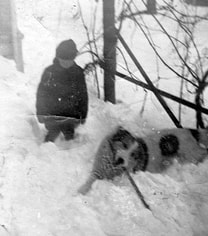
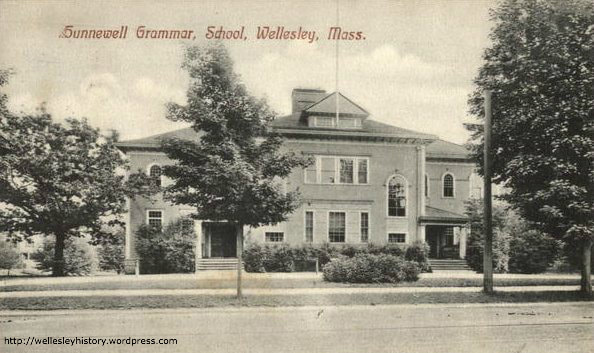
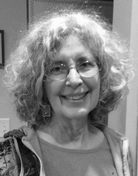
 RSS Feed
RSS Feed